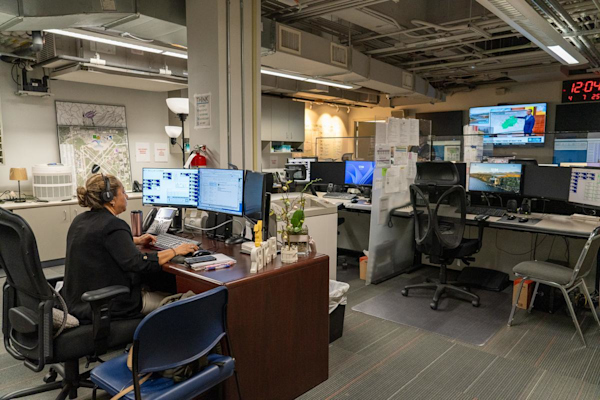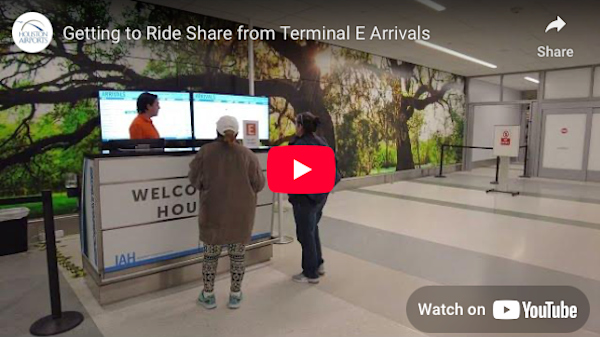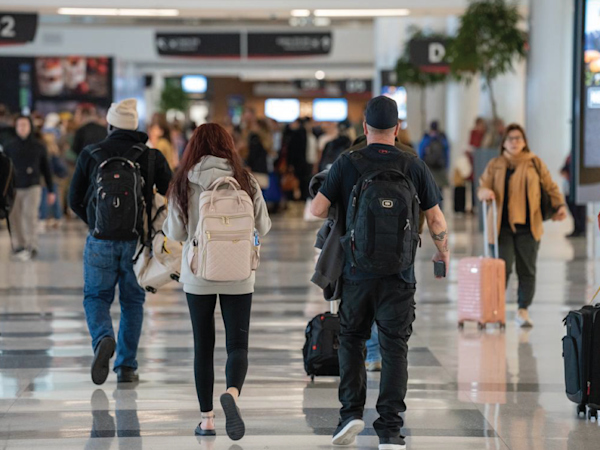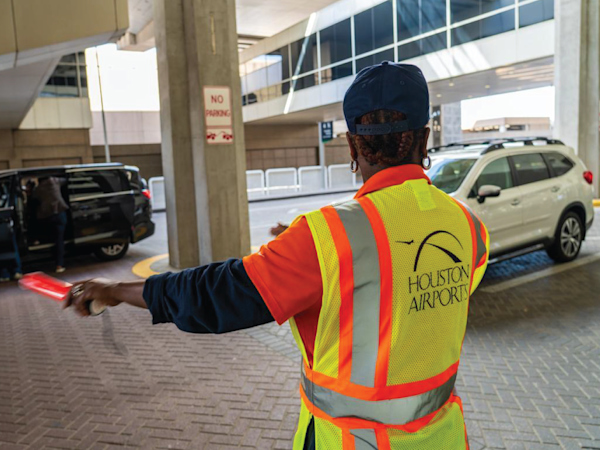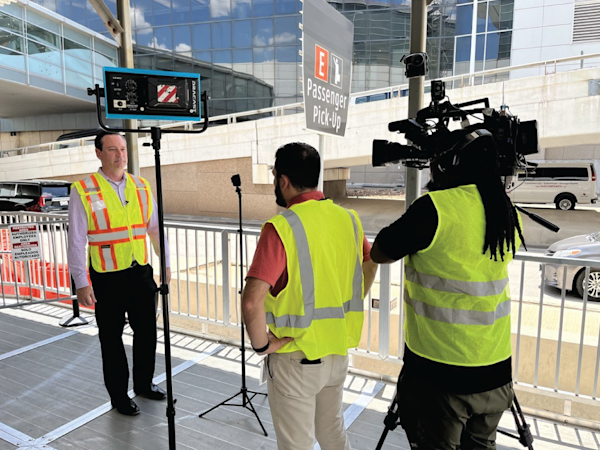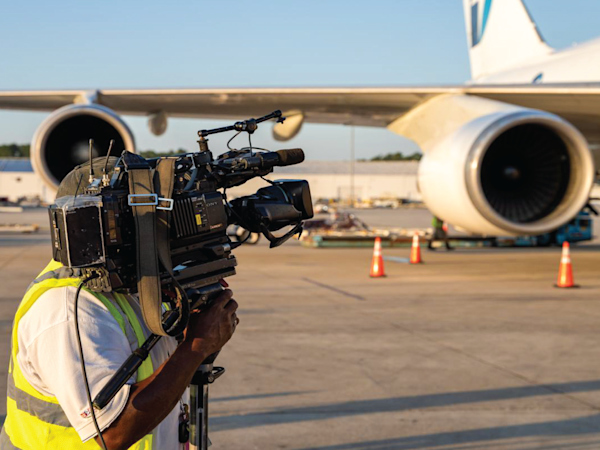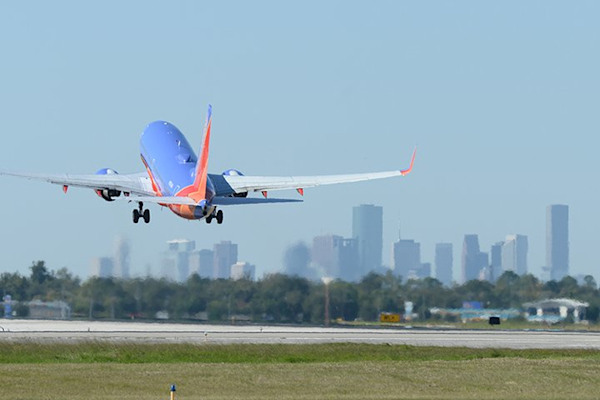Top Story

Top Story
Hobby Airport to add Houston heavyweights in dining refresh
William P. Hobby Airport (HOU) is moving into the next phase of its food and beverage transformation—and it’s bringing some of Houston’s most recognized names with it.
Four new restaurants will open inside the airport later this year: Killen’s Barbeque, Common Bond Bistro and Bakery, Spindletap Brewery and Yard House. The announcement marks the start of Phase 3 in the airport system’s multi-year effort to overhaul concessions at the 5-star Skytrax-rated airport.

Each new concept adds something different to the lineup. Killen’s is a Michelin Guide-recognized barbecue institution. Common Bond is a bakery and brunch spot known for its cult following. SpindleTap is one of Houston’s highest-rated breweries. Yard House brings a national footprint but will feature a Houston-centric design and the largest selection of draft beer in the world.

“These restaurants are not just exciting additions—they’re strategic,” said Libby Hurley, director of concessions for Houston Airports. “They reflect a deliberate mix of national reach and Houston flavor, all designed to meet the expectations of modern travelers.”

The update follows the completion of Phase 2, which brought new amenities to the airport’s pre-security ticketing lobby—an area previously cited for lack of options. Today, a full-service Starbucks offers mobile ordering for passengers and airport employees, while Throughgood Bistro delivers a broader impact. The Houston-based café donates a portion of proceeds to the Bread of Life Foundation, a nonprofit fighting homelessness in the city.
“The feedback has been overwhelmingly positive,” Hurley said. “Travelers appreciate the convenience. And more than that, they appreciate that our concessions reflect the values of the city we serve.”
The airport also recently opened The Rustic near Gate 44. Founded by a Houston native, the restaurant is known for its farm-to-table menu, Gulf seafood and live music. The area surrounding Gates 44–47 now includes two local dining options—The Rustic and Velvet Taco—alongside Starbucks, retail, spa services and niche amenities such as Opticwash and H-Mart. Velvet Taco, which opened during Phase 1, was recognized this year as Best Quick-Serve Restaurant Concept (Medium/Small Airports) at the 2025 Airport Experience Awards.
Pei Wei and a new Chick-fil-A location in the West Concourse transform what was once a single-outlet space into a compact food court with vegetarian, vegan and gluten-free offerings. A new Starbucks completes the new food court.
Landry’s Seafood House will join Dish Society, Pink’s Pizza, Jersey Mike’s and Wendy’s in Phase 4 next year. Hobby Airport’s concessions strategy continues to prioritize variety, speed, local engagement and brand-name power—all anchored in the airport’s broader mission to create a modern, user-friendly experience while celebrating a diverse portfolio of local dynamos.
RELATED | Houston Airports launches new concessions loyalty rewards program
